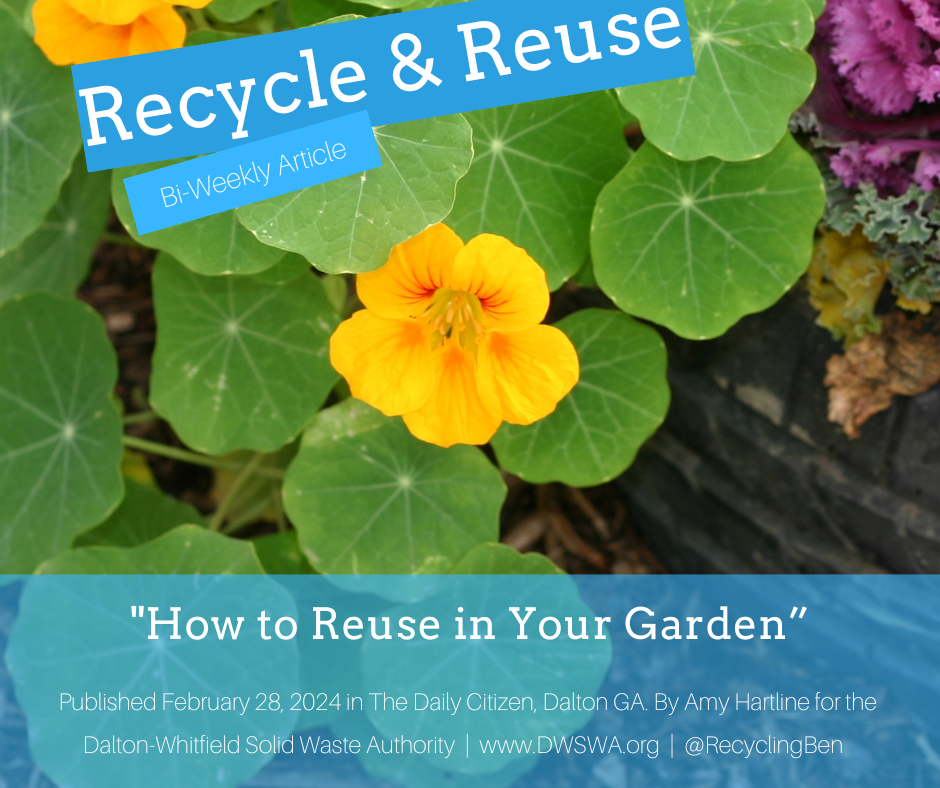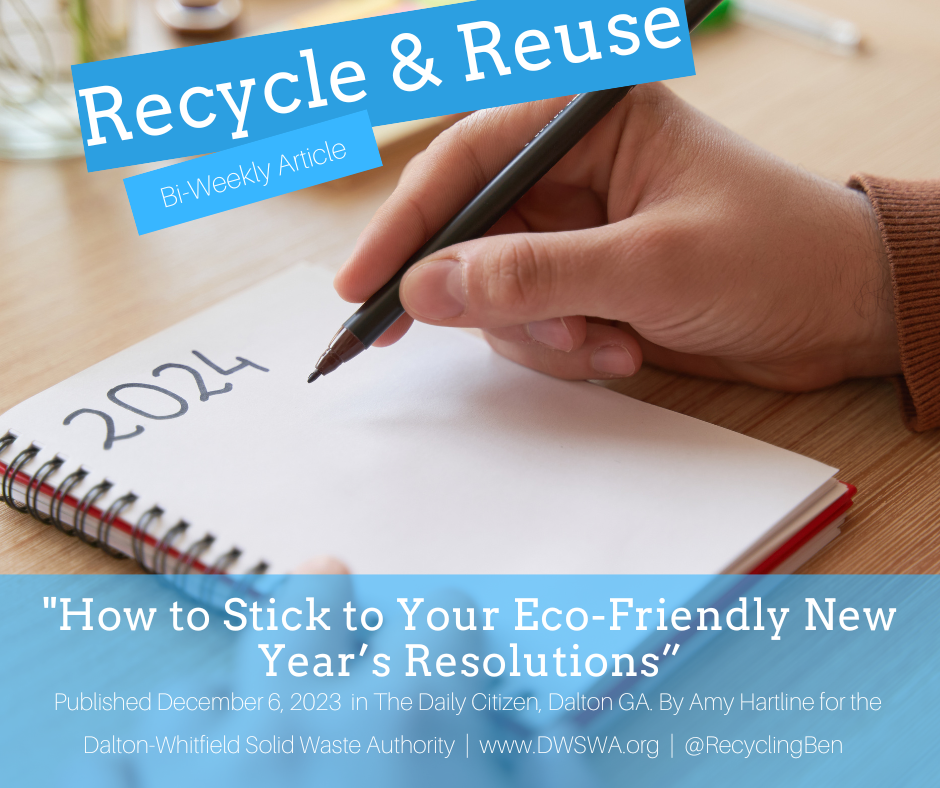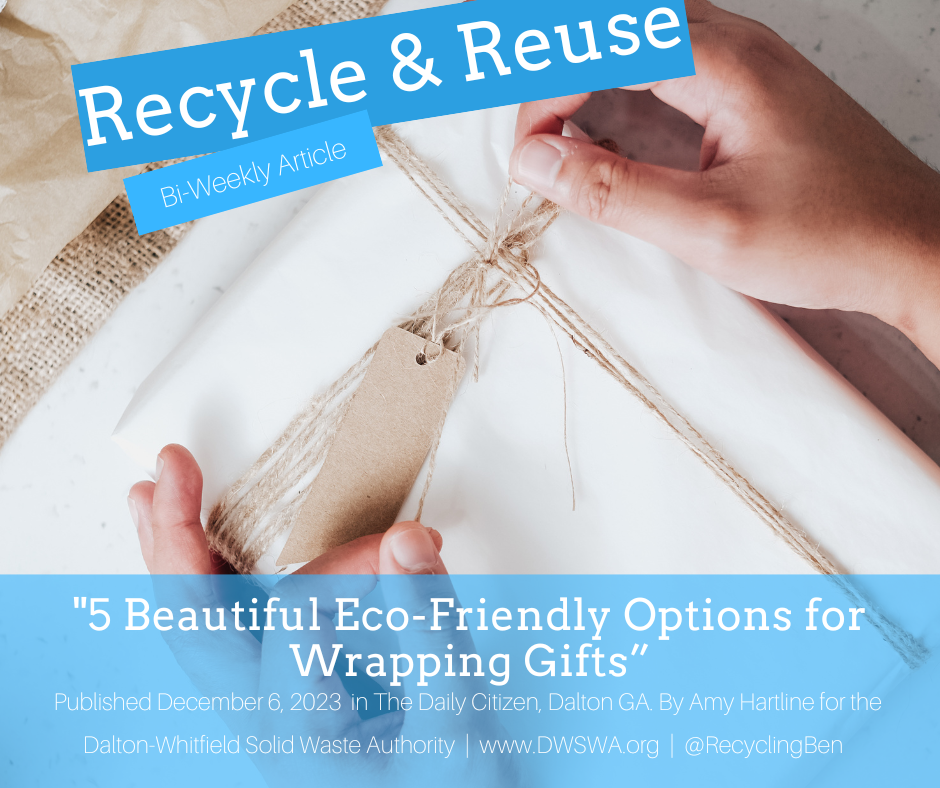Being Eco-Friendly as a New Parent
/Nothing beats the cuteness of a new baby with their big eyes full of wonder, but those little bundles of joy can have an impact on the environment before they’ve even started walking. When people have children, they often start to consider the environment and the world that they will be leaving behind more than ever before and there are steps we can take now to create a better world for those babies as they grow up.
If you are struggling to find eco-friendly baby items like wooden toys try the site Etsy.com for some unique and stylish options.
The first tip is one that is great for all new parents, but especially ones looking to save money or save the planet. Make sure to let your friends and family know you are on the hunt for hand-me-downs. You can even reach out on local Facebook groups or your church group as well to expand your net. Parents end up with a lot that their baby quickly outgrows and many of them would be happy to pass the items and clothing on to a new set of parents and know they don’t have to lug all of those items to the thrift store or landfill.
When purchasing new items for your baby look for sustainable options for first especially ones that you will use repeatedly or for a long time. For burb cloths and bibs look for 100 percent cotton or even bamboo. Many parents are now concerned about their babies using the common plastic bottle since various studies have shown the potential of toxins coming from the bottles. Consider instead a stainless-steel bottle with a silicone nipple or even a glass bottle which is an older classic.
Many baby items are made of plastic beyond their bottles. Many of those items now have bamboo, silicone, or stainless-steel alternatives now if you search for them. For example, you can find bamboo and silicone tableware for when they are able to start eating food. There are also plenty of sustainable toy and decoration options especially ones made of wood.
The next tip is for my hardcore eco-friendly enthusiasts. 50 million disposable diapers are thrown away every single day in the US. These diapers have to be landfilled where they will be basically preserved forever. Instead of using disposable diapers, consider going the cloth diaper route. While I’m unsure I’d be able to go this route myself, many of my friends have sworn by it. Once your baby uses the cloth diaper, it can go into a hot wash of 60 degrees which will clean and sanitize them. Parents also only need 20 reusable diapers as opposed to the 656 disposable diapers need. This is another tip that can end up saving parents up to $600 even with the initial cloth diaper investment.
If you aren’t ready for reusable diapers, you may be ready for reusable baby wipes. These can made simply with organic cotton clothes and can often be gentler on baby skin.
There are also plenty of items that you’ll end up using a ton of such as lotions, creams, toothpastes, shampoos, and soaps. When buying these items look for brands that are environmentally responsible and look for packaging that is recyclable. Remember, all bottles and jugs are recyclable as are paperboard boxes.
As your baby grows, you’ll spend a lot of time in play with them. Remember to take time to move that play outdoors occasionally. It’s important for kids to experience the outdoors. We know that it can make an extremely positive impact on their physical and mental health. They are much more likely to do that themselves later on if you set a good example now and spend time outdoors yourself or play with them outside together.
It's important for everyone, not just parents, that we balance our needs with our environmental responsibilities. It doesn’t take one person doing everything perfectly to make a better world, but all of us doing it imperfectly. There will probably be moments in parenthood that you can’t live 100% sustainably, but with a little thought into our decisions we can still make a difference.
Amy Hartline is the recycling and education program coordinator for the Dalton-Whitfield Solid Waste Authority. Have a recycling question? Contact her at (706) 278-5001 or ahartline@dwswa.org.
































